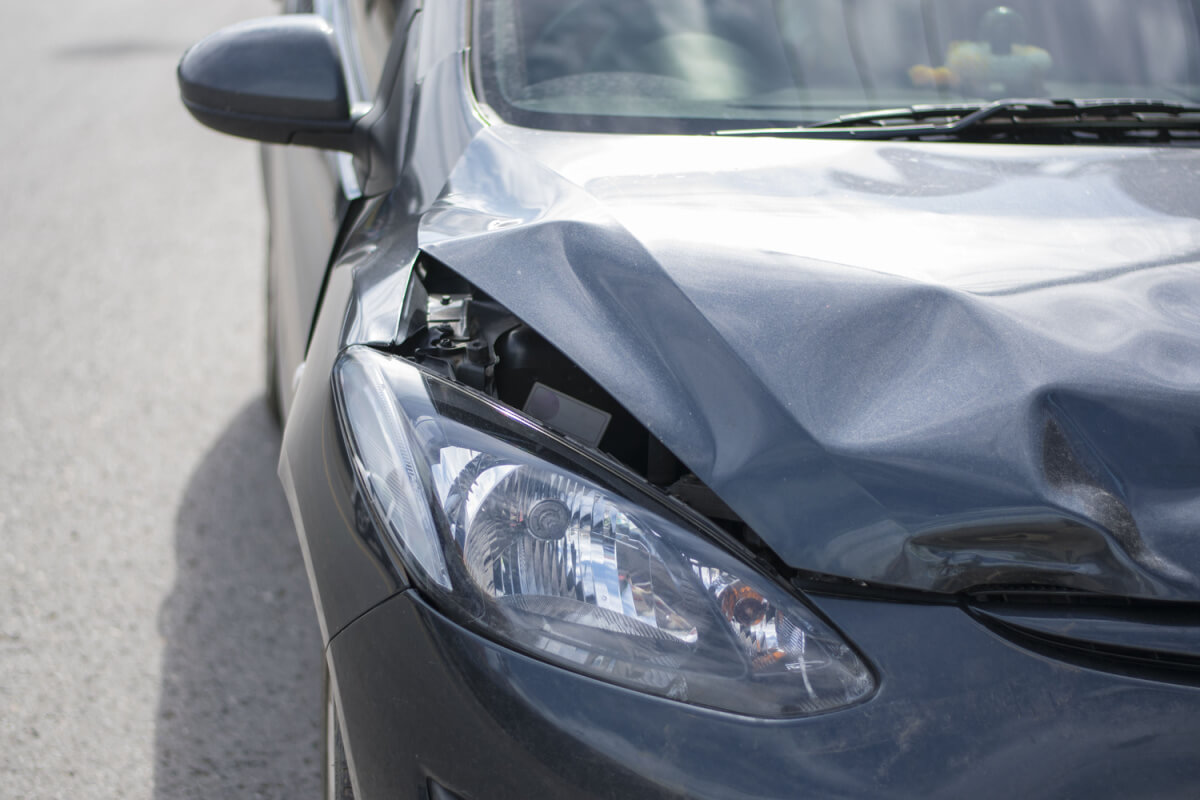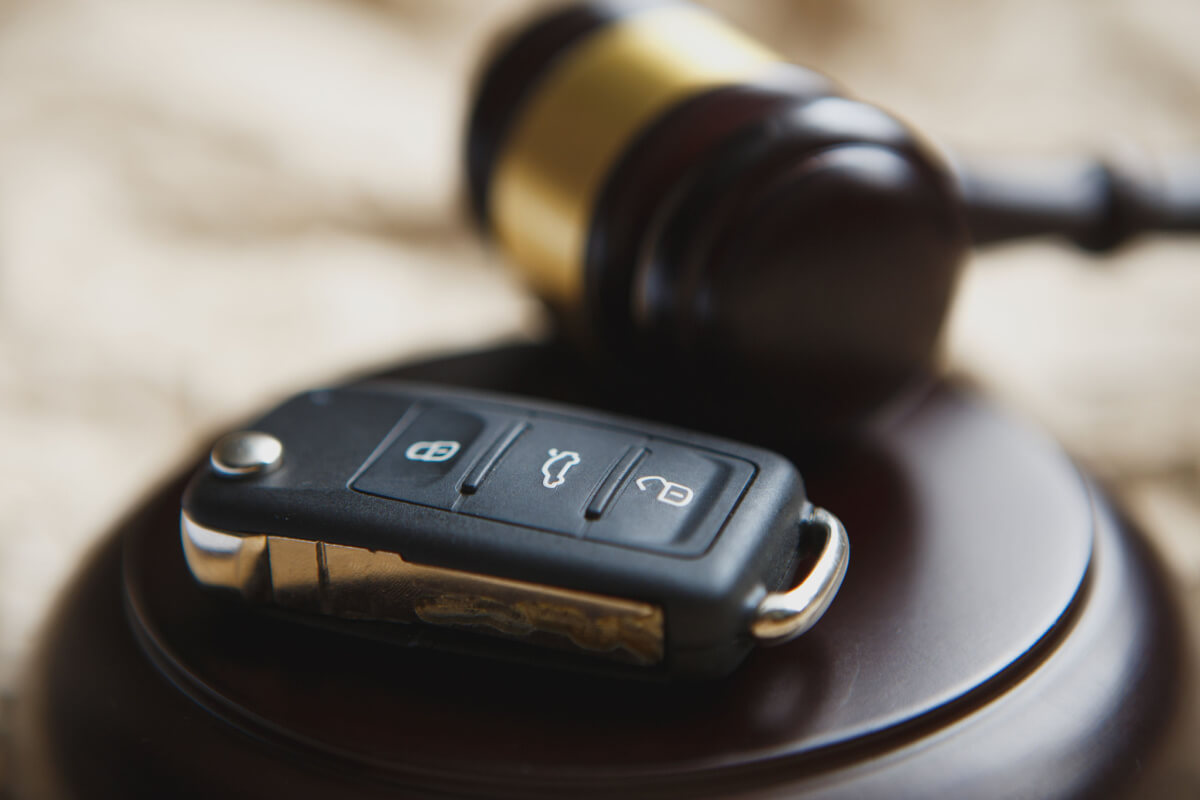
According to the U.S. Department of Transportation, there were 280 fatal car accidents in West Virginia in 2021. With vast rural areas, icy winter conditions and winding roads, the risk of a crash is prevalent in the Mountain State.
In West Virginia, comparative negligence is a legal principle used to determine how much each party is at fault for an accident. Unlike some states that follow a “contributory negligence” rule, where even a small amount of fault can prevent a person from receiving any compensation, West Virginia employs a more lenient “modified comparative negligence” system. Under this rule, an individual can still recover damages even if partially at fault, as long as their share of the blame is less than 50%. However, the compensation received will be reduced in proportion to the degree of fault.
Understanding the jargon used in legal discussions about car accidents can make a significant difference in how one approaches a situation. One term often heard is “liability,” which refers to the responsibility one party holds for the accident. Another term is “damages,” which are the financial costs incurred due to the accident, such as medical bills and car repairs. “Plaintiff” and “defendant” are also commonly used; the plaintiff is the person bringing the lawsuit, while the defendant is the one being sued. “Settlement” refers to an agreement reached between parties to resolve the case without going to trial. Lastly, “negligence” is a term used to describe a failure to exercise reasonable care, leading to an accident.
In West Virginia, the legal system employs a “modified comparative negligence” rule when it comes to car accidents. Unlike “pure comparative negligence,” where a person can recover damages regardless of their level of fault, the modified rule has a cutoff. Specifically, if an individual is found to be 50% or more at fault for the accident, recovery of damages becomes impossible. On the other hand, if one’s fault is less than 50%, compensation is still possible but will be reduced by the percentage of fault attributed to them. For example, if someone is 30% at fault and has $10,000 in damages, the most recoverable would be $7,000.
Determining fault in a car accident involves a series of steps, often initiated by law enforcement and insurance companies. First, a police report is usually filed at the scene of the accident. Officers will document details, speak to witnesses, and sometimes issue citations, all of which can be factors in establishing fault. Next, insurance adjusters come into play. These professionals review the police report, inspect vehicle damage, and may even recreate the accident scene to assess fault percentages. In some instances, traffic camera footage or eyewitness accounts can also be used to corroborate the findings. Multiple parties can share fault, which is where the concept of comparative negligence comes into play.
Insurance companies play a significant role in the aftermath of a car accident, particularly in determining who is at fault. Once a claim is filed, an insurance adjuster is assigned to investigate the incident. The adjuster reviews the police report, examines photos of the accident scene, and assesses the damage to the vehicles involved. Interviews with the parties and witnesses may also be conducted to gather additional information. Based on these findings, the insurance company assigns a percentage of fault to each party. The insurance company’s assessment may not always align with a court’s judgment if the case goes to trial. Nonetheless, the insurance company’s determination often influences the amount of compensation one can expect to receive, adjusted for their degree of fault as per the modified comparative negligence rule in West Virginia.
In West Virginia, the concept of comparative negligence has a direct impact on the amount of compensation one can receive after a car accident. Under the modified comparative negligence rule, the number of damages a person is eligible to recover is reduced by their percentage of fault. For instance, if someone has $20,000 in damages but is found to be 25% at fault, the maximum amount recovered would be $15,000. A person is found to be 50% or more at fault, and is not eligible to receive any compensation.
When it comes to comparative negligence in West Virginia, several misconceptions often cloud people’s understanding. One common myth is if a person is any percent at fault, they cannot receive compensation. If the individual is less than 50% at fault, they can still recover damages, albeit reduced by their fault percentage. Another misconception the police report will be the final word on who is at fault. While the report is influential, insurance companies conduct their own investigations and may arrive at different conclusions. Some mistakenly believe passengers cannot be at fault. In certain situations, a passenger’s actions, such as distracting the driver, could contribute to the accident.
Collecting evidence is a vital step in supporting a claim after a car accident, especially when it comes to establishing fault under West Virginia’s modified comparative negligence rule. Photographs can be particularly helpful; taking pictures of the accident scene, vehicle damage, and any injuries can provide compelling visual evidence. Witnesses can also offer valuable perspectives; gathering their contact information for later use can be beneficial. Additionally, keeping a detailed record of medical visits and expenses can help in quantifying damages. Some people also find it useful to jot down a firsthand account of the accident while memories are still fresh.

Understanding the complexities of comparative negligence in West Virginia can be a challenging task. The state’s modified comparative negligence rule introduces various factors affecting both fault determination and compensation. From the role of insurance companies to the impact of evidence, each element plays a part in shaping the outcome of a car accident claim. Misconceptions about the rule often lead to confusion, making it important to separate fact from fiction. By gaining a comprehensive understanding of how comparative negligence works in West Virginia, individuals can better prepare for the legal and financial implications of a car accident. This knowledge can serve as a valuable resource in making informed decisions during a challenging time.
If you have been involved in a car accident, please contact Manchin Injury Law Group online, or call our office at (304) 317-7786.

Attorney Timothy Manchin established the Manchin Injury Law Group in 2011 after his law partner of more than 25 years became a West Virginia circuit court judge. His focus is on helping individual clients and entire families victimized by negligent acts.
We offer a free initial consultation at our office in the Manchin Professional Building — our home since 1983 — conveniently located in Fairmont.
If you are unable to visit our firm, we can come to your home or hospital room.
Fill out the form below to get in touch!